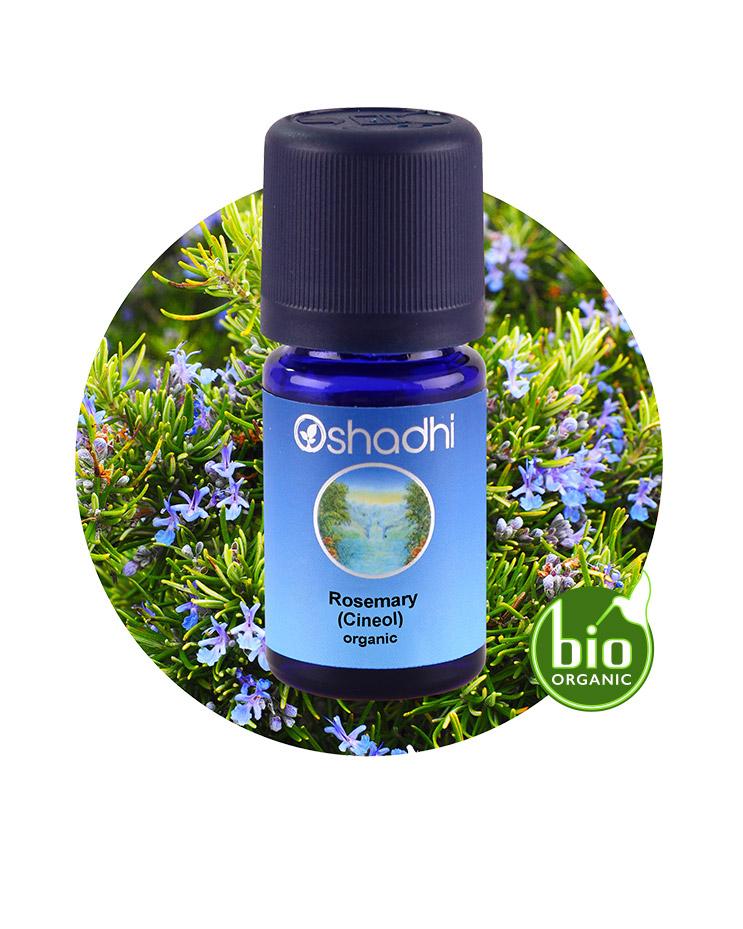Product Description: Rosemary is traditionally used for air purification, treating skin impurities, stimulating digestion, combating colds, and relieving muscle tension. Rosemary is known to have energizing and strengthening properties. Rosmarinus officinalis has long been known as the herb of remembrance and can be a potential cognition enhancer.*
Usage:
- Aromatherapists recommend inhaling the scent of rosemary for its energizing properties instead of reaching for a cup of coffee.
- The cosmetic industry values the plant for its clarifying properties on acne-prone skin.
- Diffuse Rosemary for a boost of energy or mental clarity.*
- Diffuse Rosemary to improve prospective and long-term memory.*
About the Plant:
Rosemary is an evergreen shrub with deep green needles and pink-blue-violet flowers. Native to coastal regions of the Mediterranean, this plant belongs to the mint family. Rosemary is an excellent culinary herb and a compelling incense and medicinal plant used since ancient times. Its main components are various terpenes, including the monoterpene oxide 1,8-cineole (eucalyptol) which is commonly used for respiratory conditions.
General Information: Keep away from heat and sunlight. Keep out of reach of children. Avoid contact with eyes and mucous membranes.
* Sources:
Rosemary aroma may help you remember to do things. Northumbria University Press Release. April 9, 2013. https://newsroom.northumbria.ac.uk/pressreleases/rosemary-aroma-may-help-you-remember-to-do-things-1195697
Moss M, Oliver L. Plasma 1,8-cineole correlates with cognitive performance following exposure to rosemary essential oil aroma. Ther Adv Psychopharmacol. 2012 Jun;2(3):103-13. doi: 10.1177/2045125312436573. PMID: 23983963; PMCID: PMC3736918. https://www.ncbi.nlm.nih.gov/pmc/articles/PMC3736918/
Hussain SM, Syeda AF, Alshammari M, Alnasser S, Alenzi ND, Alanazi ST, Nandakumar K. Cognition enhancing effect of rosemary (Rosmarinus officinalis L.) in lab animal studies: a systematic review and meta-analysis. Braz J Med Biol Res. 2022 Feb 9;55:e11593. doi: 10.1590/1414-431X2021e11593. PMID: 35170682; PMCID: PMC8851910. https://www.ncbi.nlm.nih.gov/pmc/articles/PMC8851910/
How to use Essential Oils
Find out more about how Essential Oils can be used and the different application methods:
https://oshadhi.com/pages/how-to-use-essential-oils

